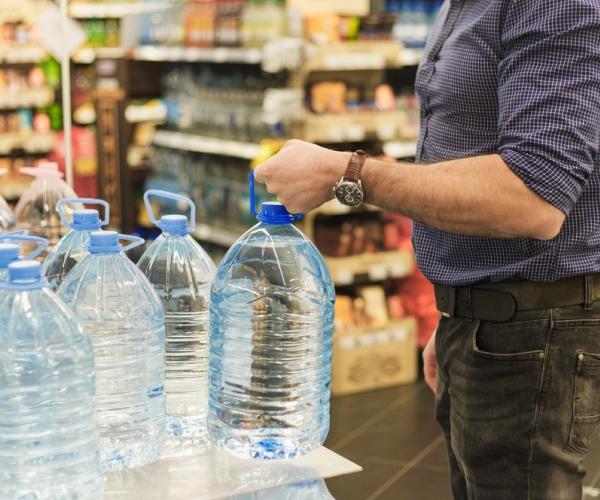We wanted to share some important information regarding the impact of certain household items and chemicals on fertility, which is highly relevant to our mission at Friendly Water.
Recent findings from fertility experts highlight how everyday items, particularly plastic food containers and bottles, can affect conception chances. As you know, the advice for early pregnancy typically focuses on folic acid and avoiding alcohol or smoking. However, experts are increasingly warning about chemicals found in common household products that can disrupt hormones vital for reproductive functions.
These endocrine disruptors include perfluoroalkyl substances (PFAS), bisphenol A (BPA), and phthalates. They are present in various products like flooring, fizzy drinks, plastic packaging, cosmetics, and, significantly, plastic water bottles. A growing body of research links higher levels of these chemicals to increased miscarriage risk, lower fertility, and difficulty conceiving, especially considering the declining global fertility rates.
Experts recommend several steps to reduce exposure to PFAS:

For our purposes, the most actionable advice is that installing a home drinking water filter, such as an RO (Reverse Osmosis) system, can effectively remove PFAS and other contaminants from tap water. This offers a continuous supply of pure, safe drinking water, directly addressing the risks associated with plastic water bottles.
Contact our team for independent expert advice on the best water filter for your home or business.